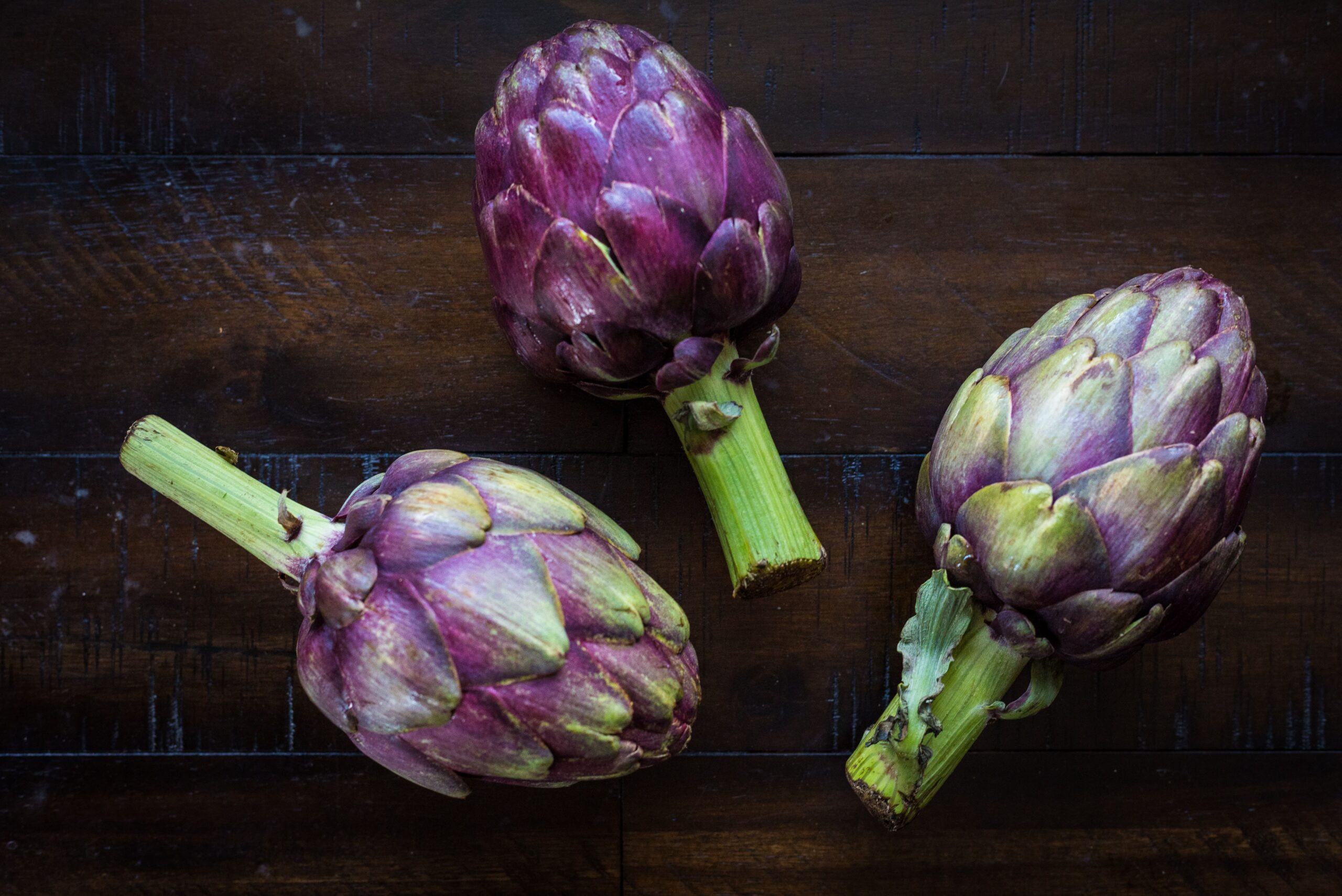History
Historians have recorded that artichokes were cultivated by North African Moors beginning about 800 A.D and that the Saracens, an Arab group introduced artichokes to Italy. They are considered one of the oldest crops and are native to the Mediterranean area and are a member of the sunflower family. The ancestor of the artichoke is the North African thistle. It was first harvested by the people in the Middle East. Italy, Spain and France are the top European artichoke producers.
Nature
Artichokes have large, tender and fleshy heads full of dark green bracts. They are mostly cultivated in temperate climates. They are harvested by the hands, carried and pre-cooled in humid chambers from the day of harvest.
Health Benefits of Artichokes
1. May Help Regulate Blood Pressure
According to proven facts, a study conducted on 98 men with high blood pressure found that consuming artichoke extract daily for 12 weeks reduced diastolic and systolic blood pressure by an average of 2.76 and 2.85 mmHg, respectively.
2. May Improve Liver Health
Artichoke leaf extract may protect your liver from damage and promote the growth of new tissue. It also increases the production of bile, which helps remove harmful toxins from your liver. In one study, artichoke extract given to rats resulted in less liver damage, higher antioxidant levels, and better liver function after an induced drug overdose, compared to rats not given artichoke extract.
3. May Improve Digestive Health
Artichokes are a great source of fibre, which can help keep your digestive system healthy by promoting friendly gut bacteria, which in turn reduce your risk of certain bowel cancers, and alleviating constipation and diarrhoea.


Comments are closed.